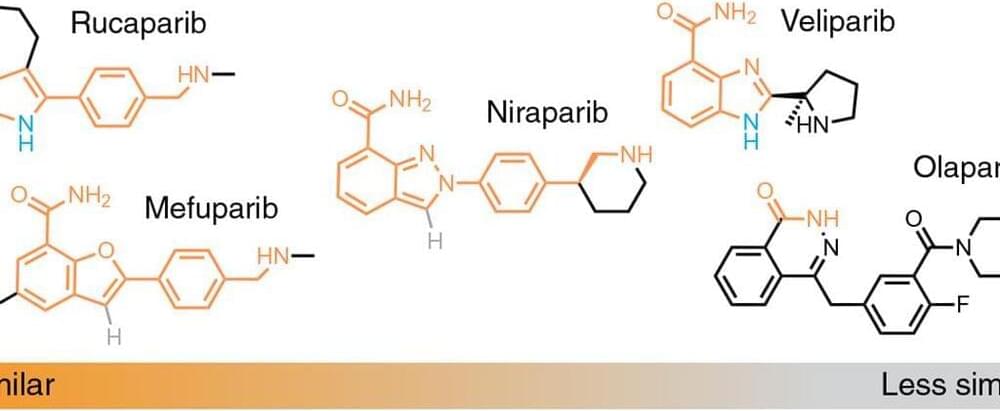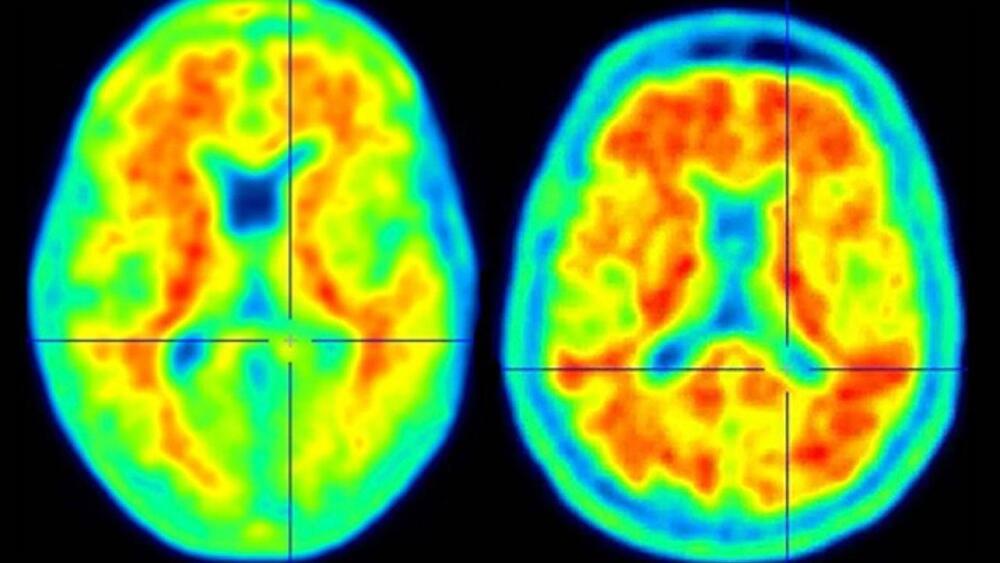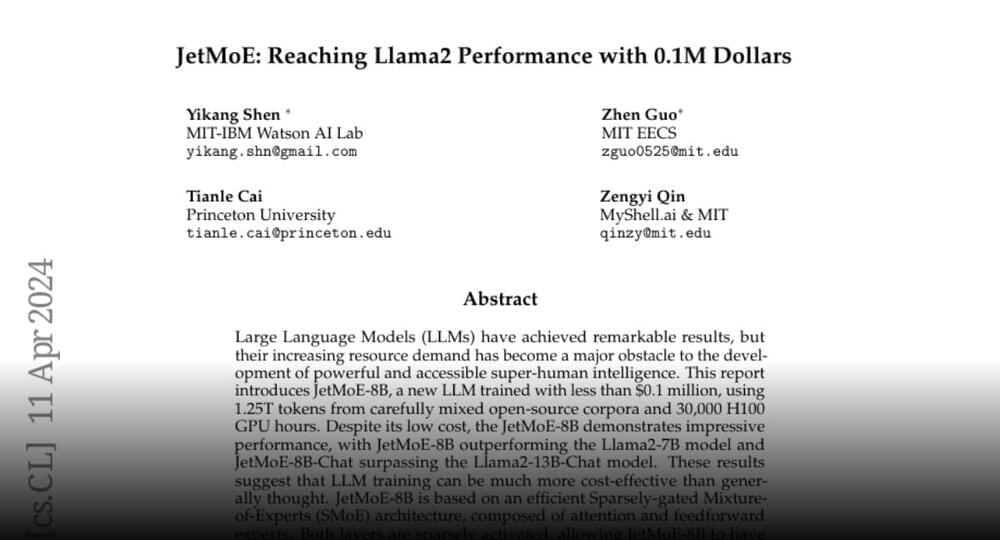Microsoft is reportedly planning to build a $100 billion data center and supercomputer, called “Stargate,” for OpenAI.


A small town in central Utah is set to be the home of a new underground “battery” that will store hydrogen as a clean energy source.
According to The New York Times, developers are creating two caverns as deep as the Empire State Building is tall from a geological salt formation near Delta, Utah. These caverns, which are expected to be complete next year, will be able to store hydrogen gas.
The hydrogen will be produced nearby through a process called electrolysis. This will be done using excess solar and wind power in spring and fall, when demand for energy is low. Then it can be stored until peak energy demand hits in the summer — at that time, it would be burned at a power plant as a blend of hydrogen and natural gas.


The eyes can reveal a lot about the health of our brain. Indeed, problems with the eyes can be one of the earliest signs of cognitive decline. Our latest study shows that a loss of visual sensitivity can predict dementia 12 years before it is diagnosed.
Our research was based on 8,623 healthy people in Norfolk, England, who were followed up for many years. By the end of the study, 537 participants had developed dementia, so we could see what factors might have preceded this diagnosis.
At the start of the study, we asked participants to take a visual sensitivity test. For the test, they had to press a button as soon as they saw a triangle forming in a field of moving dots. People who would develop dementia were much slower to see this triangle on the screen than people who would remain without dementia.

Reminds me of the world of null A by AEVan Vogh.
Many-valued logics are non-classical logics. They are similar to classical logic because they accept the principle of truth-functionality, namely, that the truth of a compound sentence is determined by the truth values of its component sentences (and so remains unaffected when one of its component sentences is replaced by another sentence with the same truth value). But they differ from classical logic by the fundamental fact that they do not restrict the number of truth values to only two: they allow for a larger set W W of truth degrees.

Rice University engineers have developed the smallest implantable brain stimulator demonstrated in a human patient. Thanks to pioneering magnetoelectric power transfer technology, the pea-sized device developed in the Rice lab of Jacob Robinson in collaboration with Motif Neurotech and clinicians Dr. Sameer Sheth and Dr. Sunil Sheth can be powered wirelessly via an external transmitter and used to stimulate the brain through the dura ⎯ the protective membrane attached to the bottom of the skull.
The device, known as the Digitally programmable Over-brain Therapeutic (DOT), could revolutionize treatment for drug-resistant depression and other psychiatric or neurological disorders by providing a therapeutic alternative that offers greater patient autonomy and accessibility than current neurostimulation-based therapies and is less invasive than other brain-computer interfaces (BCIs).
“In this paper we show that our device, the size of a pea, can activate the motor cortex, which results in the patient moving their hand,” said Robinson, a professor of electrical and computer engineering and of bioengineering at Rice. “In the future, we can place the implant above other parts of the brain, like the prefrontal cortex, where we expect to improve executive functioning in people with depression or other disorders.”


Researchers have developed a “blind quantum computing” method enabling secure, scalable quantum cloud computing connecting quantum entities over networks.